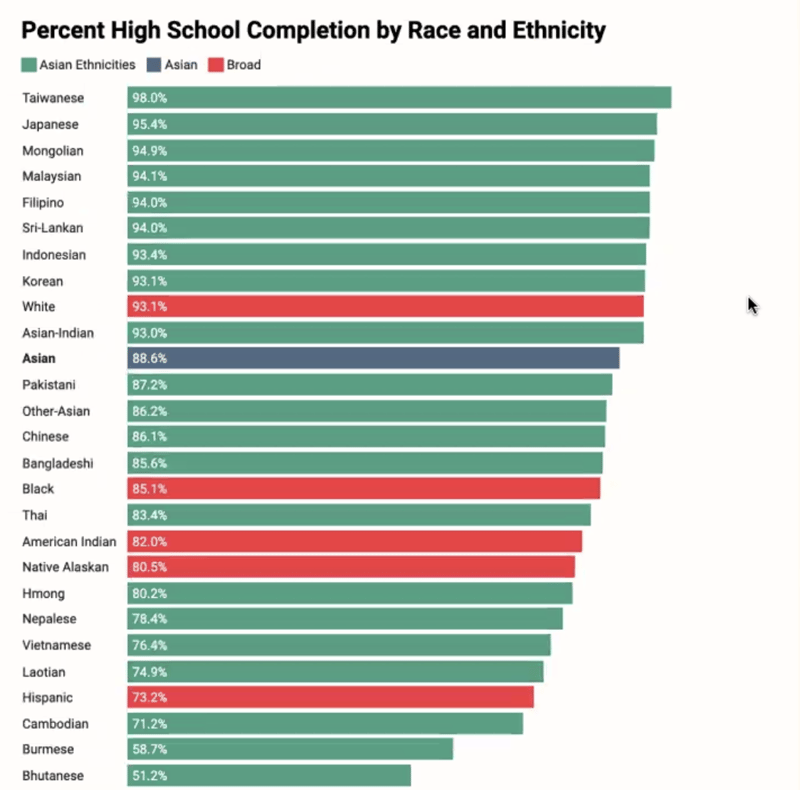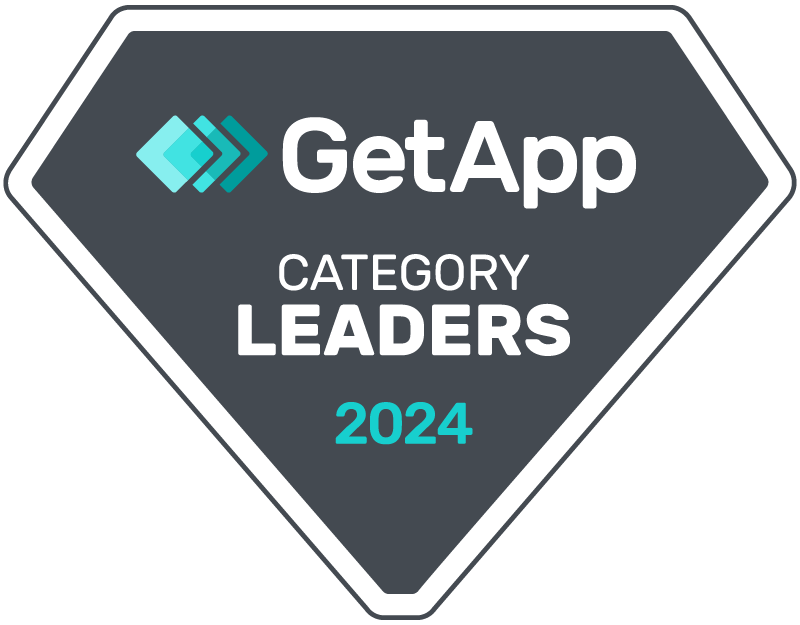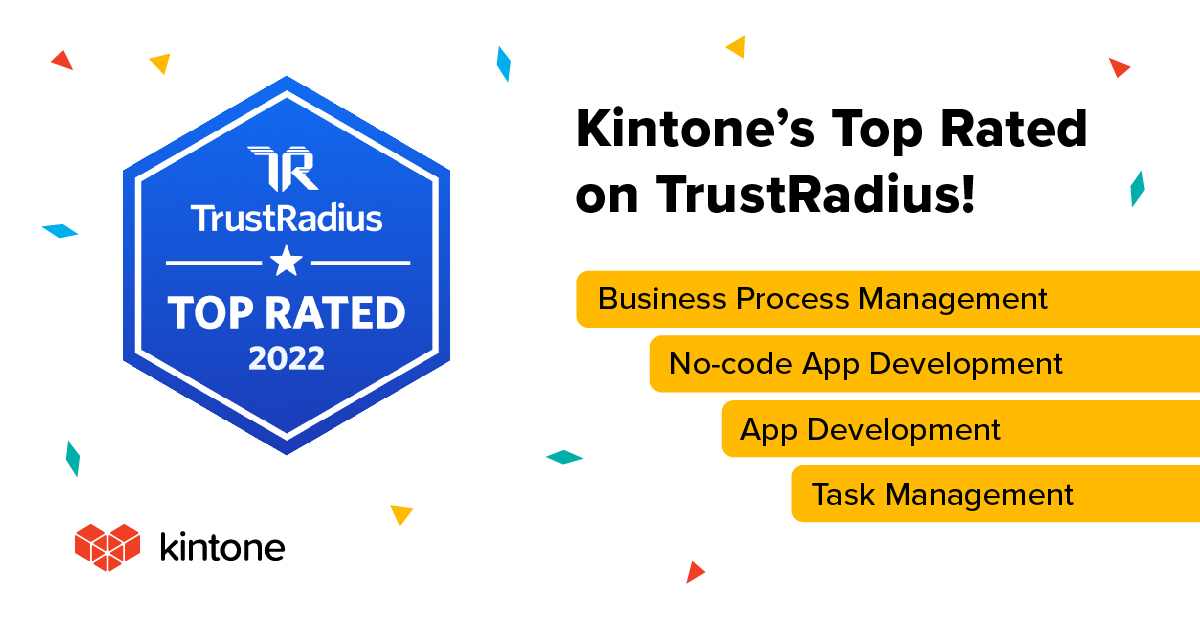Kintone is a proud sponsor of NASA’s International Space Apps Challenge, the world’s largest global hackathon, which aims to create innovative solutions to challenges we face on earth and in space. Each year, Space Apps brings together thousands of individuals in the fields of science, technology, and design from around the world to work with NASA’s open source data in a 48-hour sprint.
Even more exciting, at this year’s Boston Space Apps Challenge, the winning team used Kintone’s no-code platform to build out their solution! More on the winning team below. And a shout-out to Kintone’s Nim Grinvald, Will Akihiro, Genji Fujimori, and Leo Liao for volunteering as mentors for the event.
This event’s theme was “Take Action,” a reminder that anyone can be a part of the solution to our world’s challenges. The Boston event took place virtually in early October, and was organized by Binnovative, a nonprofit that empowers entrepreneurship by organizing collaborative experiences between communities across Japan and the innovation community in Massachusetts.
Out of the 11 teams that participated in the challenge, three teams presented final submissions for the judges’ panel.
The Winning Team: "Sundews and Sphagnum"
The challenge champions used Kintone to track results of an experiment on air quality. The team wanted to study sundews, a carnivorous plant, and sphagnum, a type of moss, to measure their air purifying abilities. Because these plants require little to no soil, they would be ideal for purifying air in confined areas like the International Space Station.
The team used Kintone to set up a database app to track key data points on the plants, including the humidity level, how long they’ve been growing for, temperature in the immediate area, and more. The future plan is to use the Kintone API to pull that data into a front end built in Python and Vue.
View the team’s presentation here:
Here are a few snapshots of the winning team's solution.
A peek into the team’s plant specimen tracker app built using Kintone’s drag-and-drop builder.
A quick look at the user interface of the plant specimen tracker.
A Vista of the Red Planet
One of the runners-up, team \MARSCRAFT/, was a group of middle school Japanese exchange students who wanted to show what it’s like to live on Mars. Using a 3D rendering engine called Unity, the team built a first-person experience of a sunrise and sunset on Mars.
Debunking the Model Minority Myth
Team JAWAS tackled the topic of “the model minority myth,” the perception that Asian Americans and Pacific Islanders (AAPI) are a polite, docile, and law-abiding group who have achieved a higher level of success than the general population. The team theorized that if they desegregated the data, they would be able to show that this myth is in fact a myth.
Looking at data points like the percentage of high school completion, the team broke it down by ethnic groups within the larger AAPI group and found a wide range of results.

Want to learn more?
Visit NASA’s Space Apps Challenge website to learn more about their events. If you're ready to try your hand at app building using Kintone’s drag-and-drop builder, sign up for a free 30-day trial today, no strings attached.
About the Author
Euna is a Senior Content Specialist at Kintone. She holds a BA in English from the University of Michigan and has a thing for words, food, and travel.










